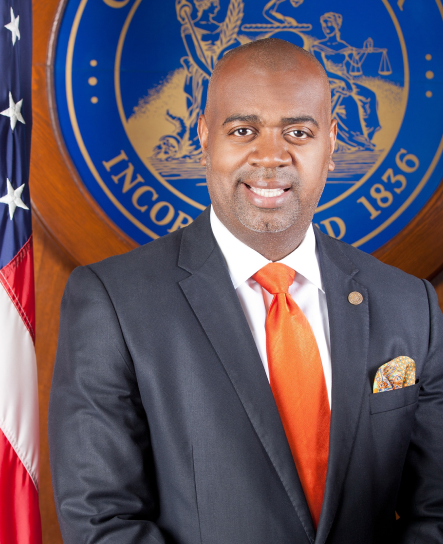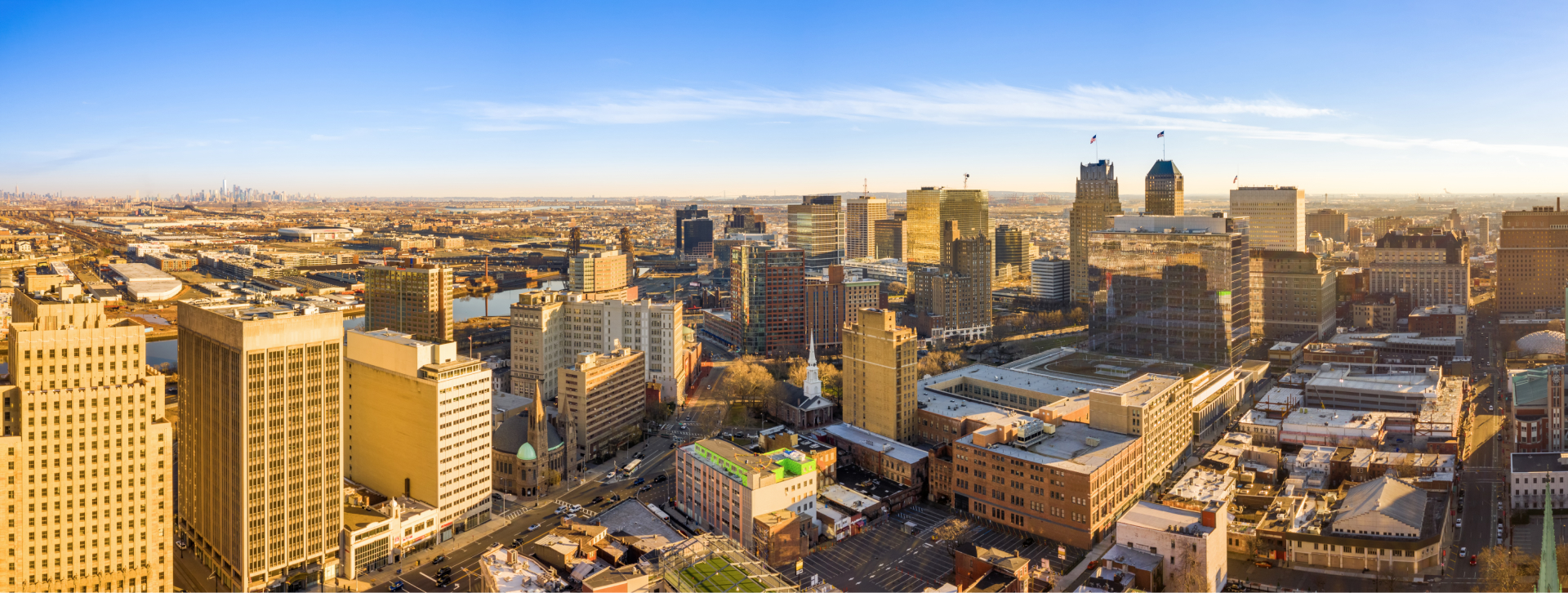
Newark’s Guaranteed Income Pilot, One Year Later
People, Progress, Policy
Newark was battling the growing impact of the COVID-19 pandemic on residents, families, institutions, and the city’s ecosystem, all of which felt the weight of death, isolation, sickness, social distancing, remote learning, and financial loss. It was a challenging time for the city, but the perfect time to start a program that would help city residents to recover. One year later, we are seeing how accurate Mayor Baraka’s words truly were.
Mayor Baraka’s Vision
In Newark, one of our city’s persistent questions has been how to address the growing racial wealth gap. Many of our residents, who are predominantly Black and Latinx, are living paycheck to paycheck and do not have the means to create a financial cushion that will protect themselves or their families from the shock of an emergency. The economic stress experienced by many households as a result of COVID-19 has made it more critical to develop rapid and responsive solutions.
As our city takes on a set of bold and equitable development initiatives to ensure that Newark residents can build wealth for the long term, I view guaranteed income as a major pillar in these plans. In 2019, when I first called for Newark to pursue a guaranteed income policy and created a task force to explore how it, I knew all too well that many of our residents face challenges in accessing a social safety net that is cumbersome, unresponsive, and prescriptive. One year later, the investigation by our task force confirmed these beliefs and led Newark to lay the groundwork for beginning our guaranteed income pilot with a focus on housing insecure populations.
Hearing stories from other cities that have embarked on the provision of a guaranteed income has helped me understand just how transformative this idea can be as a tool for creating stability for many individuals and families in low-income communities.
In 2019 I saw how Mayor Michael Tubbs launched the Stockton Economic Empowerment Demonstration (SEED) in Stockton, CA to provide $500 a month for 18 months to 125 low-income residents. Over in Jackson, MS, I learned about how Aisha Nyandoro, Executive Director of Springboard to Opportunities launched the Magnolia Mother’s Trust (MMT) in 2018 to provide $1,000 a month for 12 months to 20 Black women living in public housing. In both cities, residents reported improved employment, more family stability, better mental and physical health, less stress, and fewer skipped meals.
From establishing the first Land Bank in the state of New Jersey to redevelop blighted properties and support homeownership, to redirecting $12 million annually from our police budget to create the Office of Violence Prevention and Trauma Recovery, to developing the Forty Acres and a Mule Fund to support entrepreneurs of color, any change in this city is driven by our commitment to meet the needs of our residents.
Through the Newark Movement for Economic Equity, we will show the world that when we give our residents freedom of choice, and recognize and affirm their inherent dignity, they will make decisions that will help us build a stronger and more resilient city.
About Mayor Ras J. Baraka
Mayor Baraka is the 40th Mayor of the City of Newark. He is a native of Newark whose family has lived in the city for more than 80 years. Since taking office in 2014, Mayor Baraka’s progressive approach to governing has won him accolades from grassroots organizations to the White House. His commitment to reducing crime in Newark, tackling the city’s housing crisis, and developing innovative and community-driven approaches to eliminating income inequality has solidified his status as one of the country’s most progressive elected officials.

